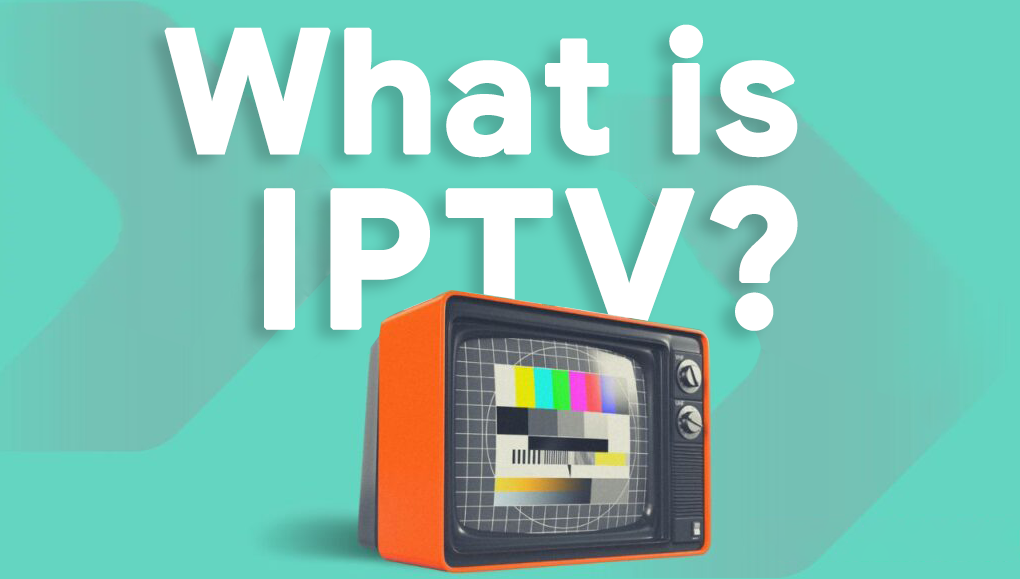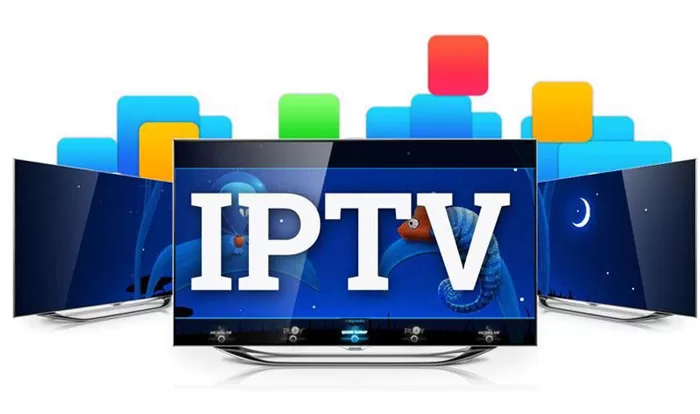IPTV for International Programs-- Get International Gain Access To
IPTV Explained: Why It's Revolutionizing the Means We Enjoy TV
The development of Net Procedure Tv (IPTV) represents a pivotal shift in just how audiences involve with content. As we check out the details of IPTV, it ends up being noticeable that this development is not just a trend; it presents significant ramifications for the future of tv consumption and the landscape of digital amusement.
What Is IPTV?
IPTV, or Net Method Television, is a method of providing television content online instead of through standard satellite or wire formats. This ingenious strategy utilizes internet procedure networks to transmit video data, permitting visitors to access a large range of shows straight via their web connection. Unlike traditional broadcasting, which depends on radio waves or wire infrastructure, IPTV enables the streaming of material in a much more adaptable and user-centric manner.
One of the key advantages of IPTV is its ability to offer on-demand access to a large collection of programs, flicks, and live programs. Clients can take pleasure in tailored viewing experiences, consisting of the alternative to pause, rewind, or record web content. In addition, IPTV solutions usually include interactive attributes, such as video clip as needed, catch-up television, and the ability to access several tools all at once.

How IPTV Works

The procedure starts with web content aggregation, where various television networks and programs are assembled onto a central server. From this web server, the web content is inscribed into digital formats appropriate for streaming. When an individual picks a program, the IPTV solution retrieves the suitable information packets from the web server and sends them to the customer's tool.
IPTV generally works through set-top boxes or wise Televisions, which decipher the inbound information and make the video clip for checking out. The modern technology utilizes adaptive bitrate streaming to optimize video clip top quality based upon the customer's net rate, making certain a smooth viewing experience. Additionally, IPTV typically integrates interactive functions such as rewind, accessibility, and time out to an electronic collection, improving user involvement. Generally, IPTV represents an innovative combination of innovation that changes standard television watching into a more personalized and dynamic experience.
Advantages of IPTV
As visitors significantly seek adaptability and modification in their enjoyment options, IPTV provides a range of advantages that deal with these demands. Among one of the most considerable advantages is the capacity to gain access to content on numerous gadgets, including smart devices, tablet computers, clever Televisions, and computers - Iptv. This multi-device compatibility allows individuals their explanation to enjoy their favored shows and movies anytime, anywhere, boosting their viewing experience
In addition, IPTV supplies a considerable collection of on-demand web content, enabling clients to select what to see, when to enjoy it, and exactly how to enjoy it. This contrasts with traditional broadcasting approaches, where audiences are often constricted by fixed routines. Additionally, IPTV services regularly provide customization functions, such as customized recommendations based upon viewing routines, permitting users to find brand-new content matched to their preferences.
Moreover, IPTV typically includes innovative features like cloud DVR abilities, making it possible for users to tape-record and keep programs for later watching. Enhanced interactivity, such as the ability to stop briefly, rewind, or fast-forward web content, further enriches the checking out experience. Iptv. Collectively, these benefits placement IPTV as a compelling option to standard tv, meeting the developing assumptions these days's target markets
Comparison With Conventional TV
Standard official source tv and IPTV existing distinct seeing experiences, each accommodating various target market choices. Standard television depends on terrestrial, satellite, or cable signals, offering a taken care of routine for broadcasting. Customers are frequently bound to particular time slots to enjoy their favored programs, which can be bothersome in today's busy setting.
In comparison, IPTV provides material through the internet, allowing individuals to stream shows and films on-demand. This flexibility enables visitors to watch web content at their ease, removing the restrictions of a predetermined schedule. In addition, IPTV solutions frequently offer accessibility to a more comprehensive selection of networks and web content, consisting of global programs and niche genres that traditional wire plans may not provide.
Furthermore, the interactivity of IPTV boosts customer engagement, permitting features such as rewind, document, and pause abilities that traditional TV does not have. Users can likewise access supplemental content, including thorough program overviews and visitor ratings, enriching the overall viewing experience.
Ultimately, while conventional television remains a staple for many visitors, IPTV's adaptability and wide range of web content make it an increasingly prominent choice, interesting those looking for more control over their checking out habits.
Future of IPTV
The future of IPTV appears appealing, driven by improvements in innovation and moving customer visit preferences. As broadband facilities remains to improve globally, IPTV solutions are poised to supply higher-quality video web content with very little buffering and enhanced individual experiences. This progression is complemented by the proliferation of clever gadgets, enabling audiences to accessibility IPTV web content on smart devices, tablet computers, and wise Televisions, therefore improving convenience and movement.
In addition, the integration of expert system and artificial intelligence right into IPTV platforms is anticipated to transform content distribution. Tailored suggestions based on checking out habits will enhance customer interaction, making it easier for clients to uncover appropriate content. In addition, the consolidation of increased truth (AR) and virtual reality (VR) technologies holds the possible to produce immersive watching experiences that traditional television can not match.
The increase of subscription-based models and ad-supported streaming services suggests a change in exactly how consumers want to spend for web content, even more fueling IPTV's development. As more customers look for flexibility and personalization in their checking out habits, IPTV is likely to come to be a dominant force in the amusement landscape, reshaping exactly how content is produced, distributed, and eaten in the coming years.
Conclusion
Finally, IPTV represents a transformative improvement in television consumption, using audiences unprecedented flexibility and control over their viewing experiences. Its ability for on-demand access, individualized web content, and interactive attributes distinguishes it from typical broadcasting techniques. As modern technology continues to progress, the potential for IPTV to further impact media consumption patterns and improve the enjoyment landscape remains considerable. This change underscores the value of adjusting to emerging modern technologies in a significantly digital globe.
The emergence of Web Protocol Television (IPTV) symbolizes an essential shift in how target markets engage with content.IPTV, or Net Procedure Television, is an approach of providing television content over the net instead than through standard satellite or cable television layouts.Using a network of internet protocols, IPTV provides television material via a series of distinct procedures. In addition, IPTV solutions often use personalization attributes, such as customized suggestions based on watching behaviors, enabling individuals to uncover new material matched to their choices.
In addition, IPTV solutions frequently give access to a broader selection of channels and content, including international shows and specific niche genres that conventional cable bundles may not supply.